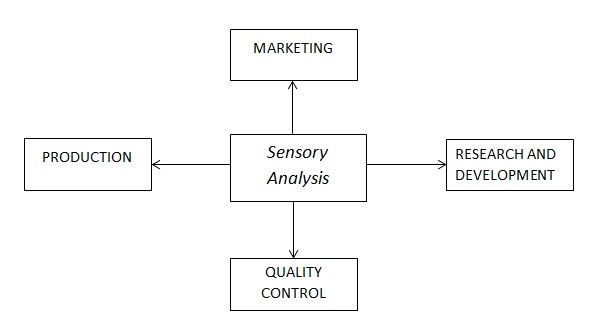What is wine tasting? Why do we make it and which are the technical aspects? We want to explore these aspects more closely.
WHAT IS WINE TASTING
The wine tasting is that discipline that assesses wine quality, through a systematic approach using easily understood terms as well as technical details. It’s necessary to distinguish the sensory wine tasting to technical analysis, even if linked to each other.
WINE TASTING
Tasting is a discipline based on pre-acquired scientific knowledge such as:
- VINE and VITICULTURE: the knowledge of the environment and its influence on taste (aromas and flavours)
- ENOLOGY: deals with the technique of processing wine and the transformation of the fruit into wine;
- CHEMISTRY: fundamental for technical / practical considerations at the moment of tasting because it is linked to all the science of aromas and taste.
VITICULTURE, ENOLOGY and CHEMISTRY are three areas to know and understand how to apply them to complete the tasting process. There is a consideration to be made: “beautiful women are everywhere there as well as good wine, the point is that every wine is different from the other and you must be able to objectively appreciate the qualities” (Cit. Negro).
We also divide the tastings according to how they are made: there are differences between tasting sessions made by winemakers and those by sommelier. In short, remember that with the technical tasting courses (for winemakers) you will not become a sommelier, but you could teach people to become one. This does not make the sommelier course less difficult, but it is good to remember that we are talking about two different roles. The common denominator between the two roles is to know how describe the process in an understandable way.
When one tastes, each person is alone with their senses and therefore does not have to rely on the senses of others.
But what is the tasting?
“I carefully survey a product whose quality we want to appreciate, subject it to our senses, try to know it by searching for defects and qualities, expressing them in detail: they mean studying, analyzing, defining, judging, classifying” (Peynaud-Gayon)
The most important thing is to know that you can evaluate the wine using our senses in particular what we see, smell and taste.
The winemakers prefer a more precise definition of the term “tasting” in order to distinguish the four phases of the art of the taster:
- Observation by means of the senses;
- Description of what these senses tell us. This can be the most difficult part using words professionals and lay people will both understand;
- Comparison according to the codified norms: considering what is imported and what is not, reporting only what norms codified norms (Eg: ox = rancid = rancid wine);
- Motivated judgment: to give a judgment in analytical terms with point scale:
80 points: quality wine
86 points: prize wine
90 points: excellent wine
This is a translation that should not be underestimated. It is a real choreography and subjectivity (Negro).
It is very important to understand that objectivity is important in wine tasting, technical knowledge assists this.
A final definition of tasting is:
“Tasting is the longest time span between the moment you take the glass in your hand and the one in which the taste of the wine fades in your mouth”.
The manner of holding and drinking from the glass may impact on the tasters assessment.
SENSORY ANALYSIS
Sensory analysis is a scientific discipline concerning the MEASUREMENT, INTERPRETATION and COMPREHENSION and the human response to the properties of a product. Following the disciplines, even when working with a group of others tasting wine, you can interpret your finding in a similar way.
Sensorial analysis allows you to make the tasting statistically significant. For example:
- Wine statistical analysis: Where 90% of people do not detect a violet fragrance – the conclusion is there is no violet fragrance;
- Wine tasting: Where 70% detect a dark fruit aroma – this indicates a dark fruit driven wine.
Sensory analysis plays a very important role:
Sensory analysis must have repetition and precision to be able to develop rigorous protocols.
After defining these two different ways of tasting and introducing this material, we will later explore the more technical aspects and enology. I suggest reading the introduction to enology to better understand what will be dealt with in respect of tasting wines.
We have to thanks John Whittaker who helped us in the translation.
